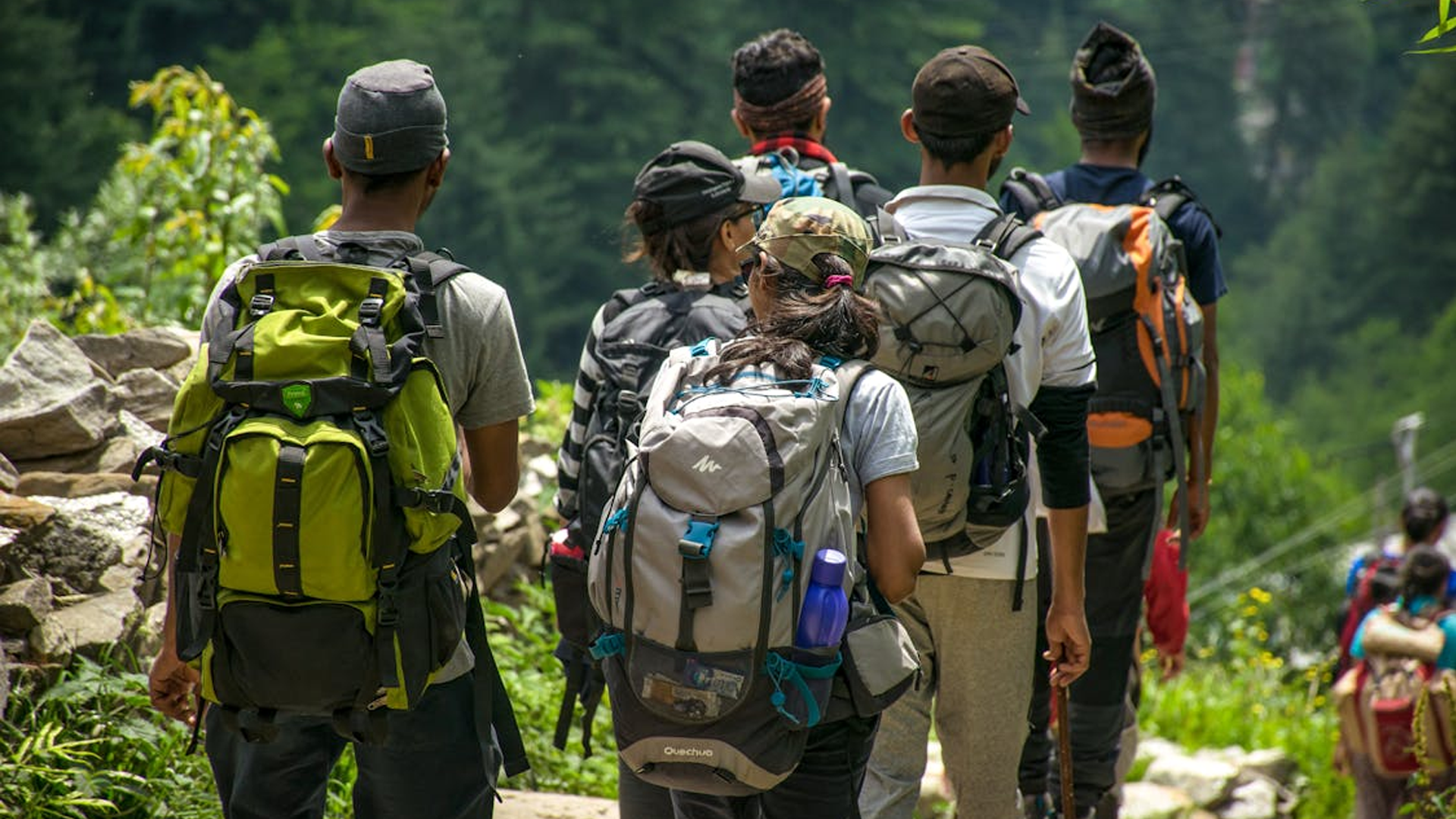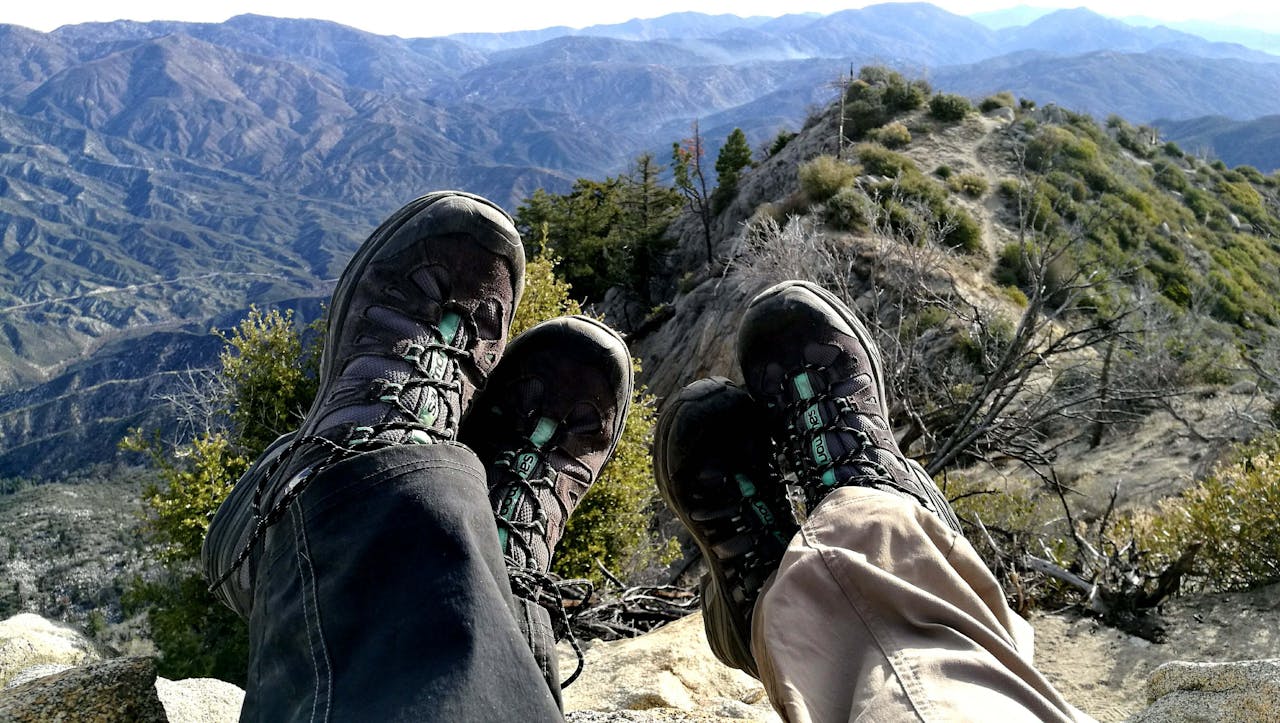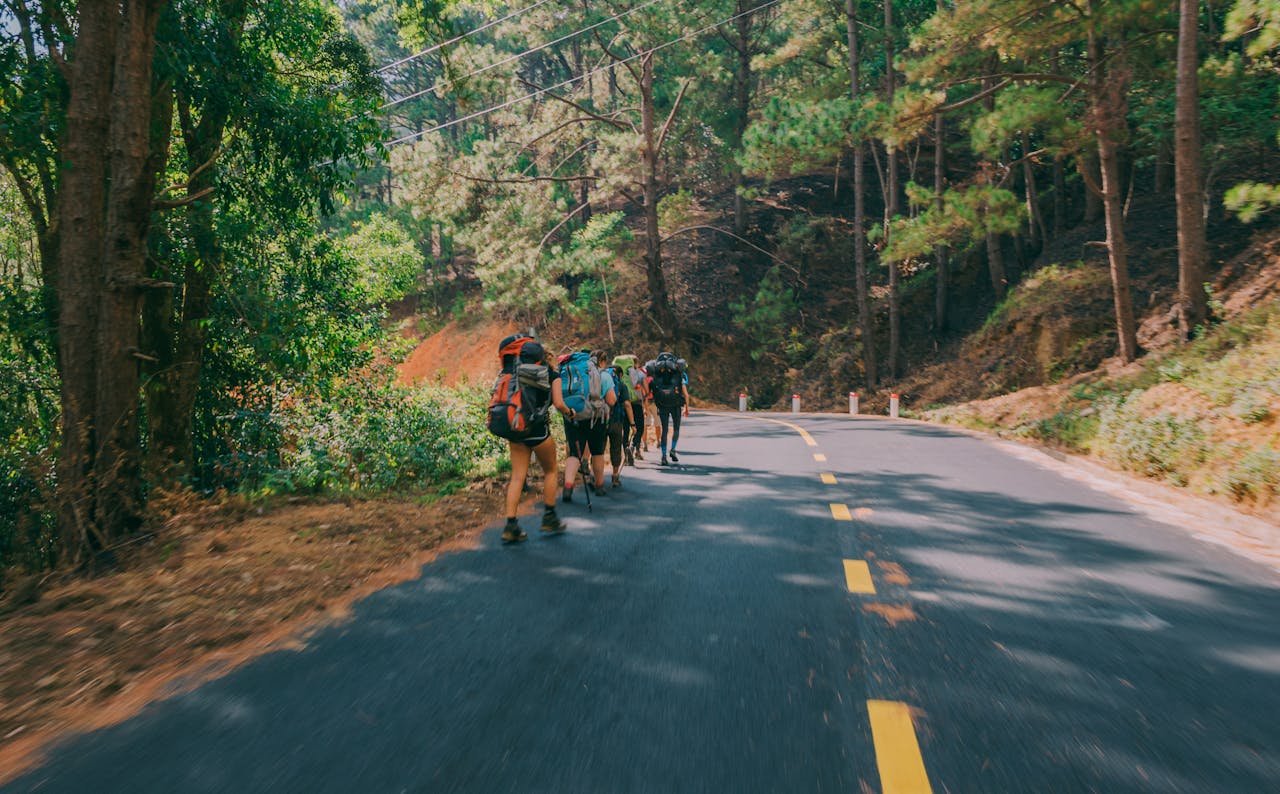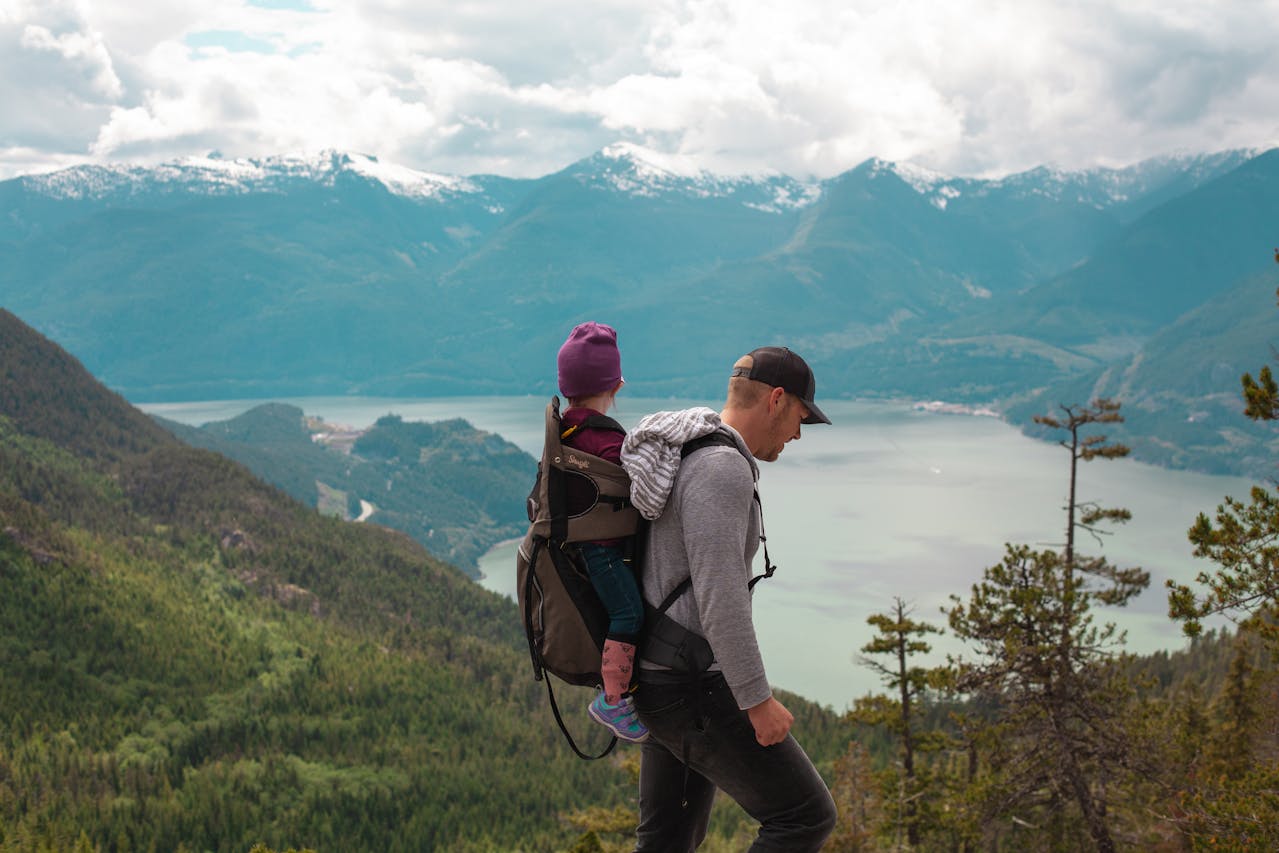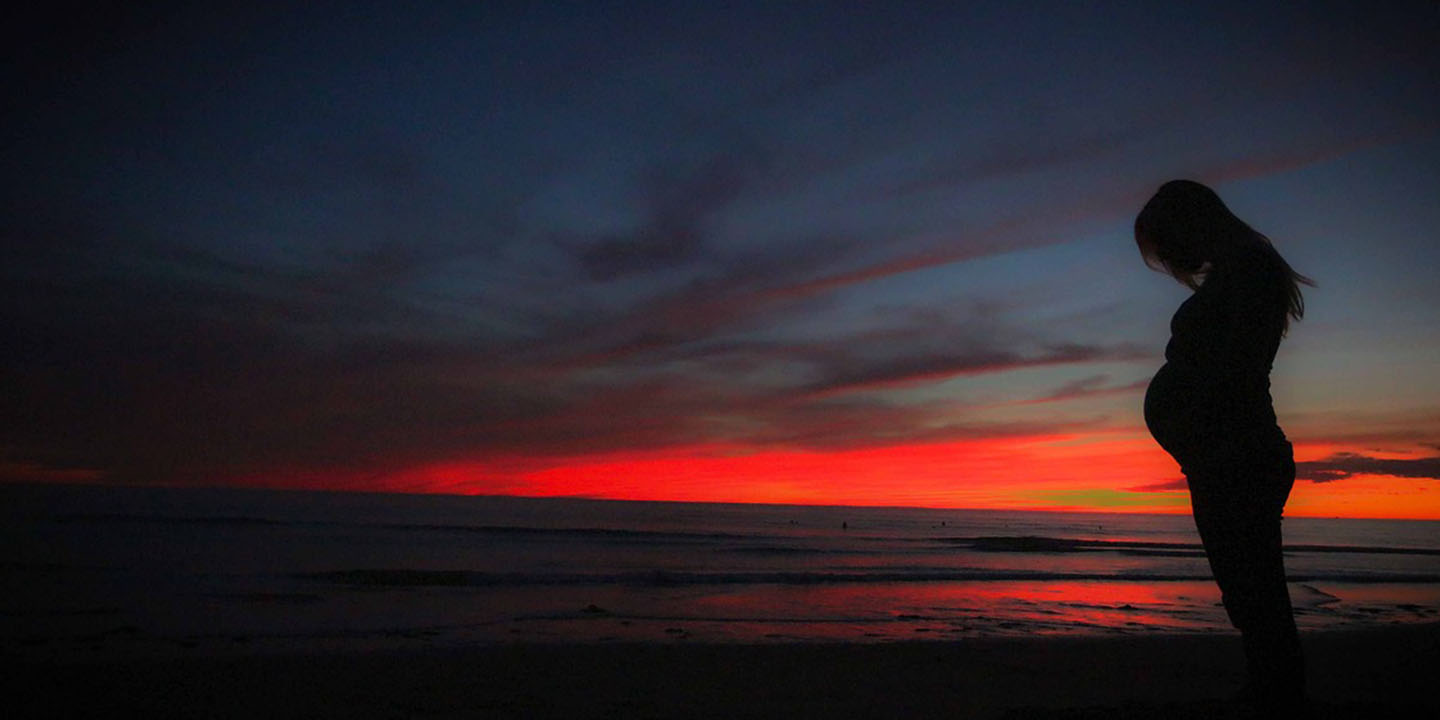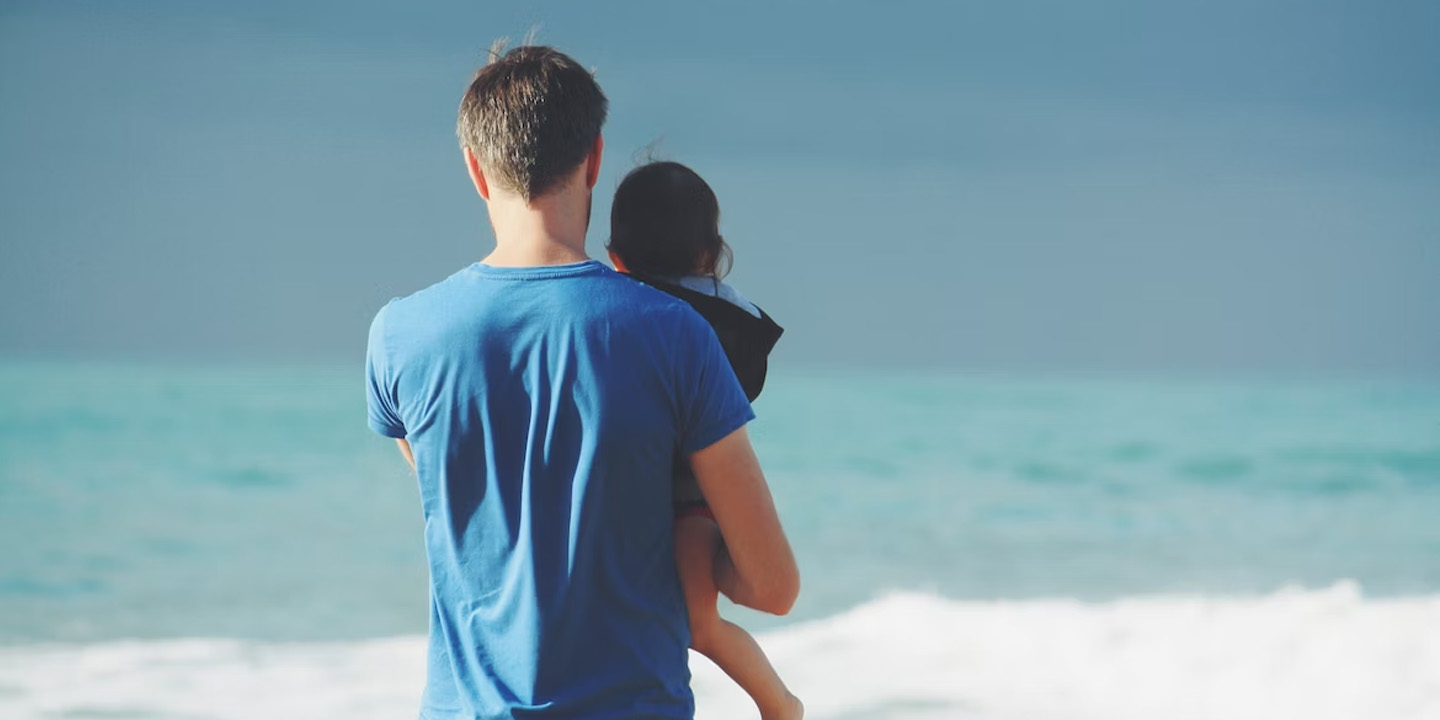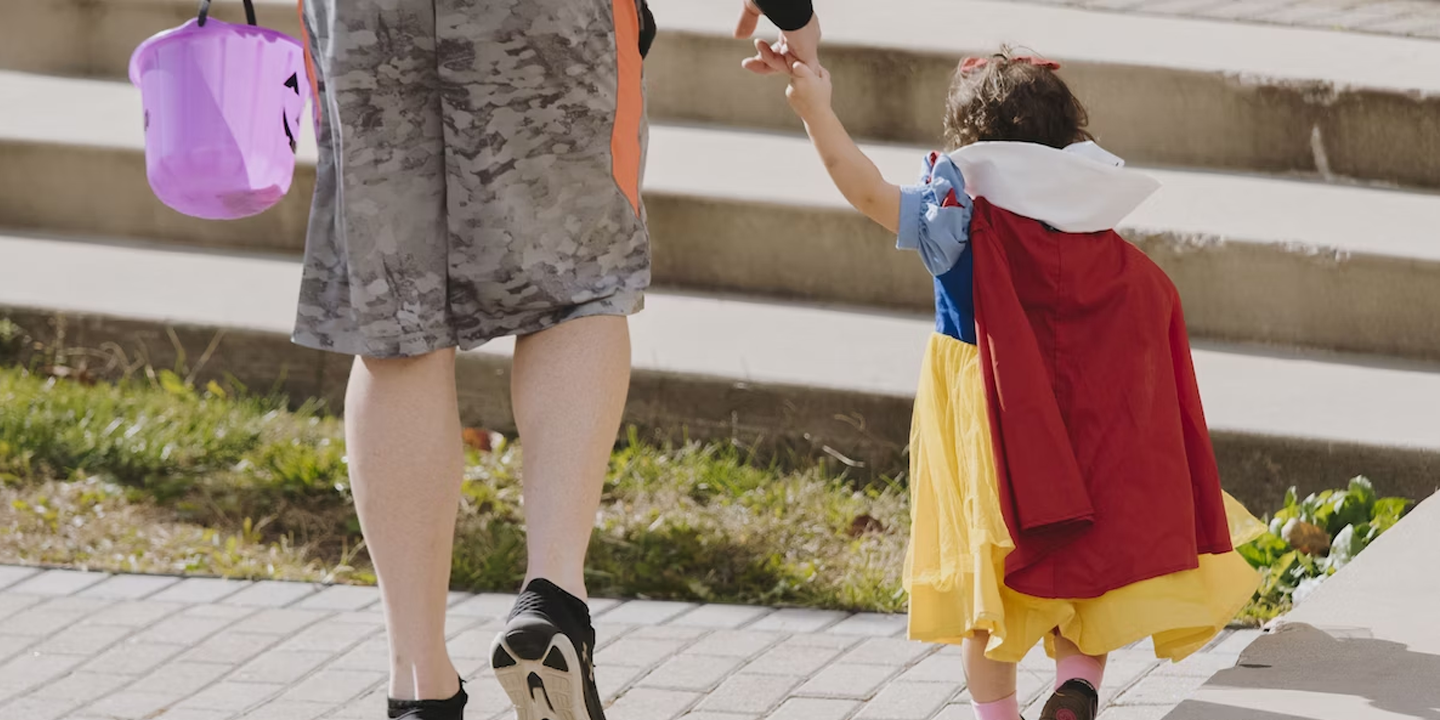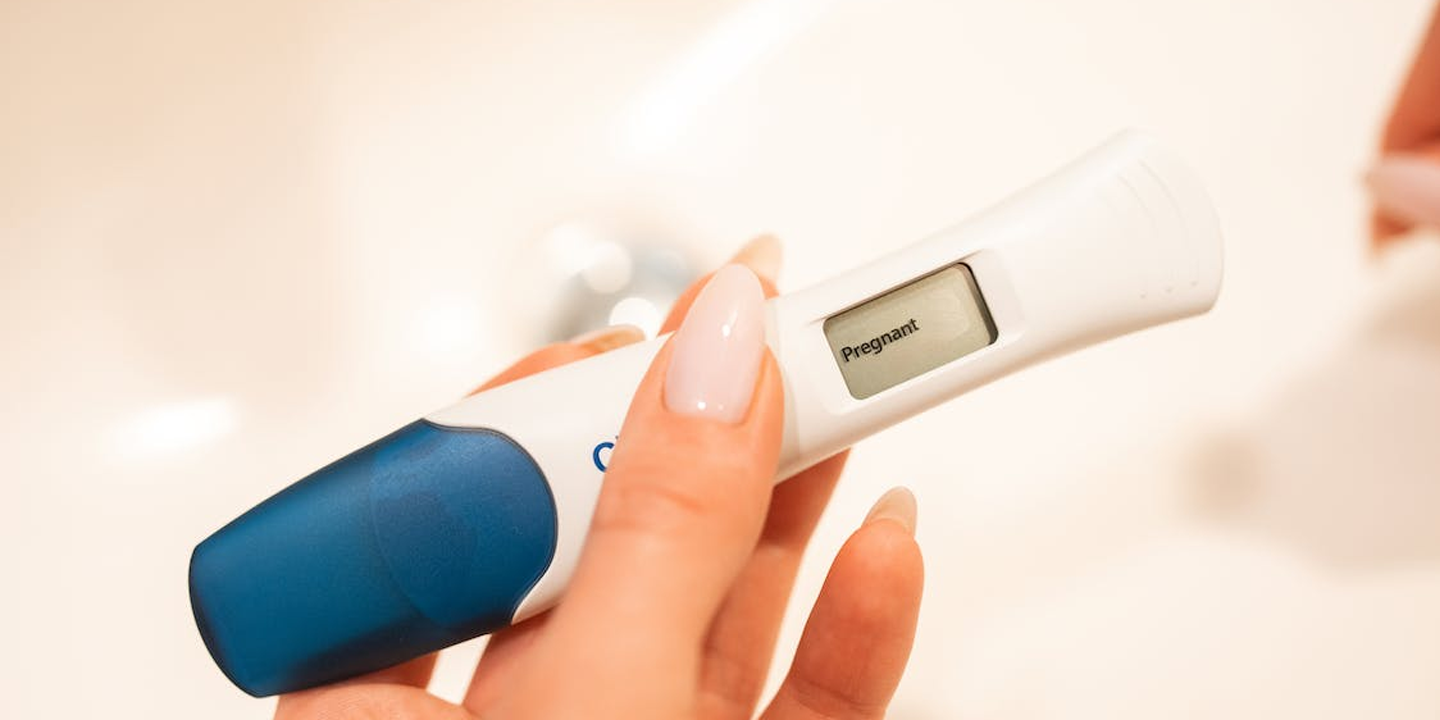Hiking essentials can make all the difference between a peaceful stroll and a nightmare—even the most seasoned hikers don’t hit the trail without the bare necessities, so let’s dive into what they are and why you need them!
1. Water
Whether you’re a seasoned hiker or a complete newbie, proper hydration is vital during a hike. Easily accessible hydration packs or water bottles ensure you don’t get dehydrated and can regularly partake throughout your journey.
2. Map or GPS
Even with a veteran hiker by your side, you’ll want a map or some sort of GPS to navigate trails—the last thing you want is to get caught without it should you get turned around. Outside of navigation, these tools also help you reach landmarks and get to safety, especially maps in areas with poor signals.
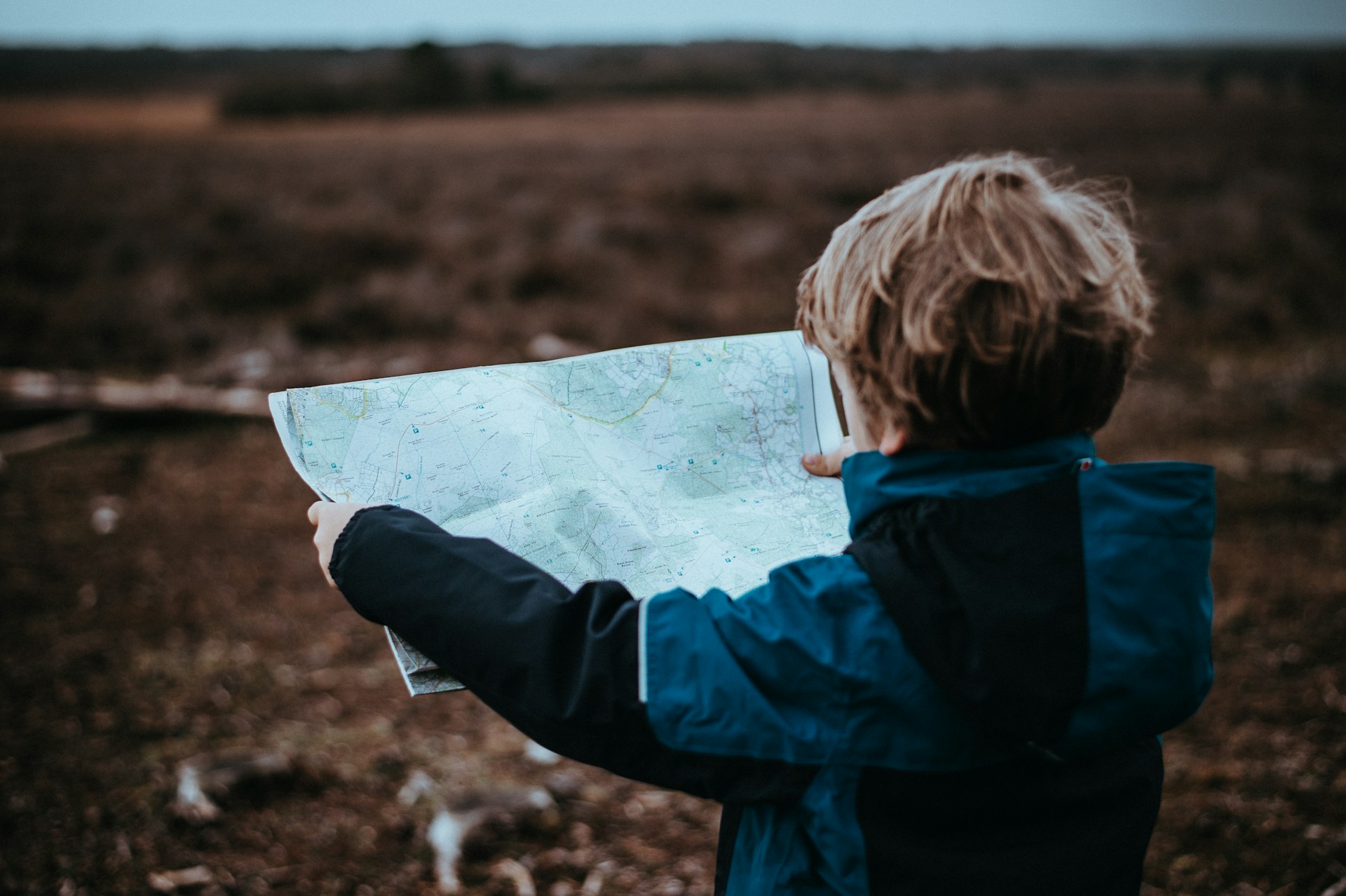 Photo by Annie Spratt on Unsplash
Photo by Annie Spratt on Unsplash
3. The Right Clothes
Always check the forecast before heading out because that knowledge determines how you dress. Waterproof clothes atop suitable wicking (or insulated) layers protect against all kinds of changing weather and maintain comfort.
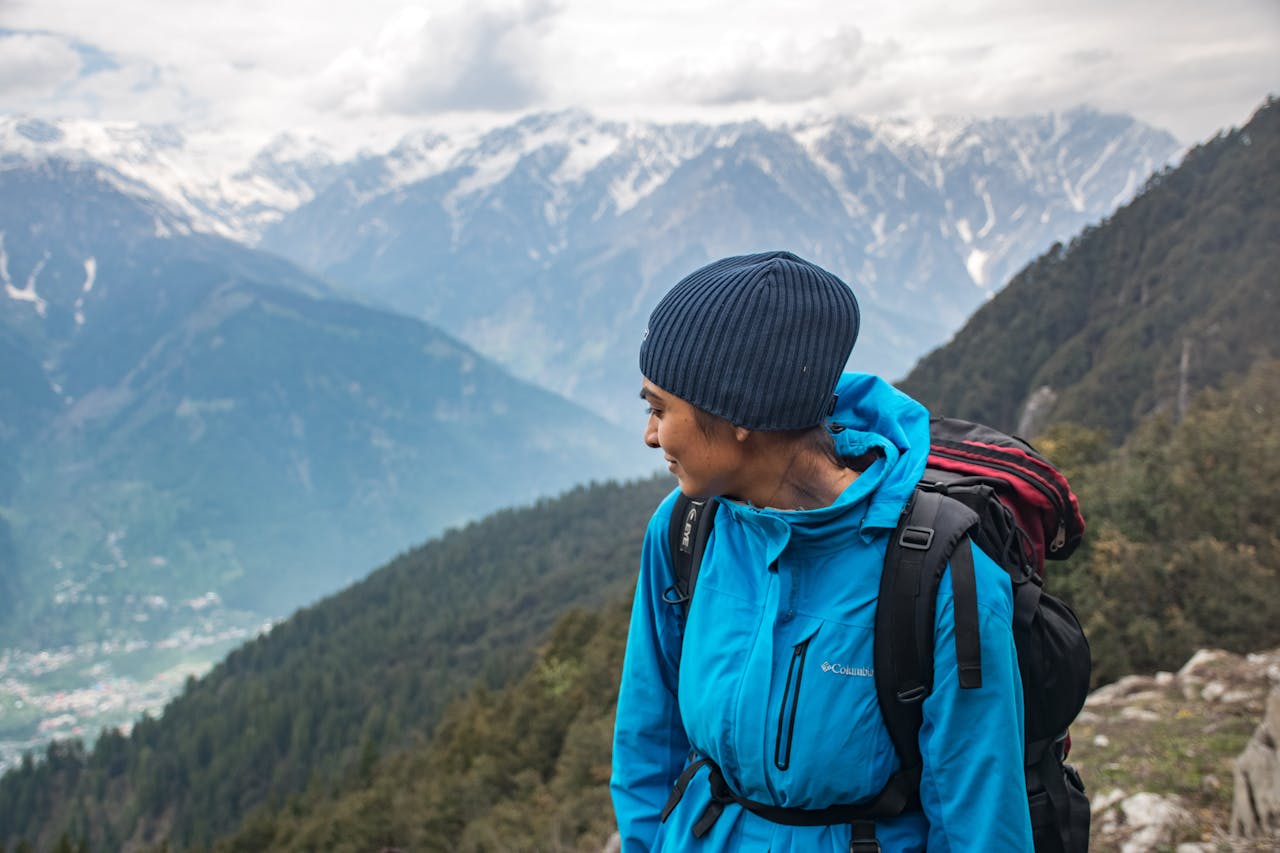 Photo by Guduru Ajay bhargav on Pexels
Photo by Guduru Ajay bhargav on Pexels
4. Snacks
High-energy snacks are best for hikes, which include things like trail mix, energy bars, or dried fruits. Jerky, nuts, and veggies work well, too, all of which can ward off fatigue and ensure you’re fueled during the trek.
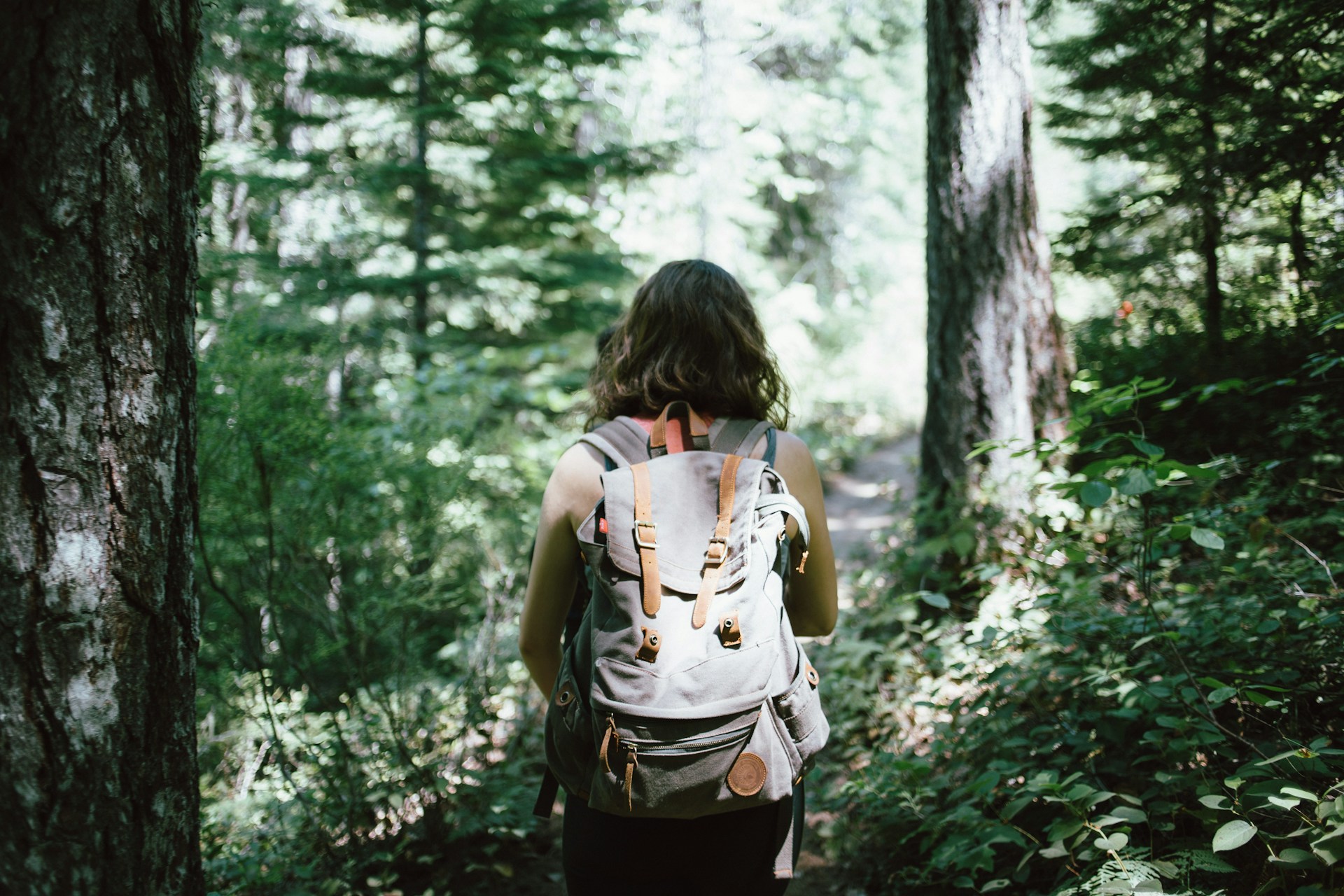 Photo by Jake Melara on Unsplash
Photo by Jake Melara on Unsplash
5. First-Aid Kit
First-aid kits are crucial for tending to any minor injuries or unexpected medical hiccups. Compact kits come with bare essentials like bandages, nitrile gloves, antiseptic wipes, and safety pins. Of course, you’ll obviously want to pack any personal medication as well.
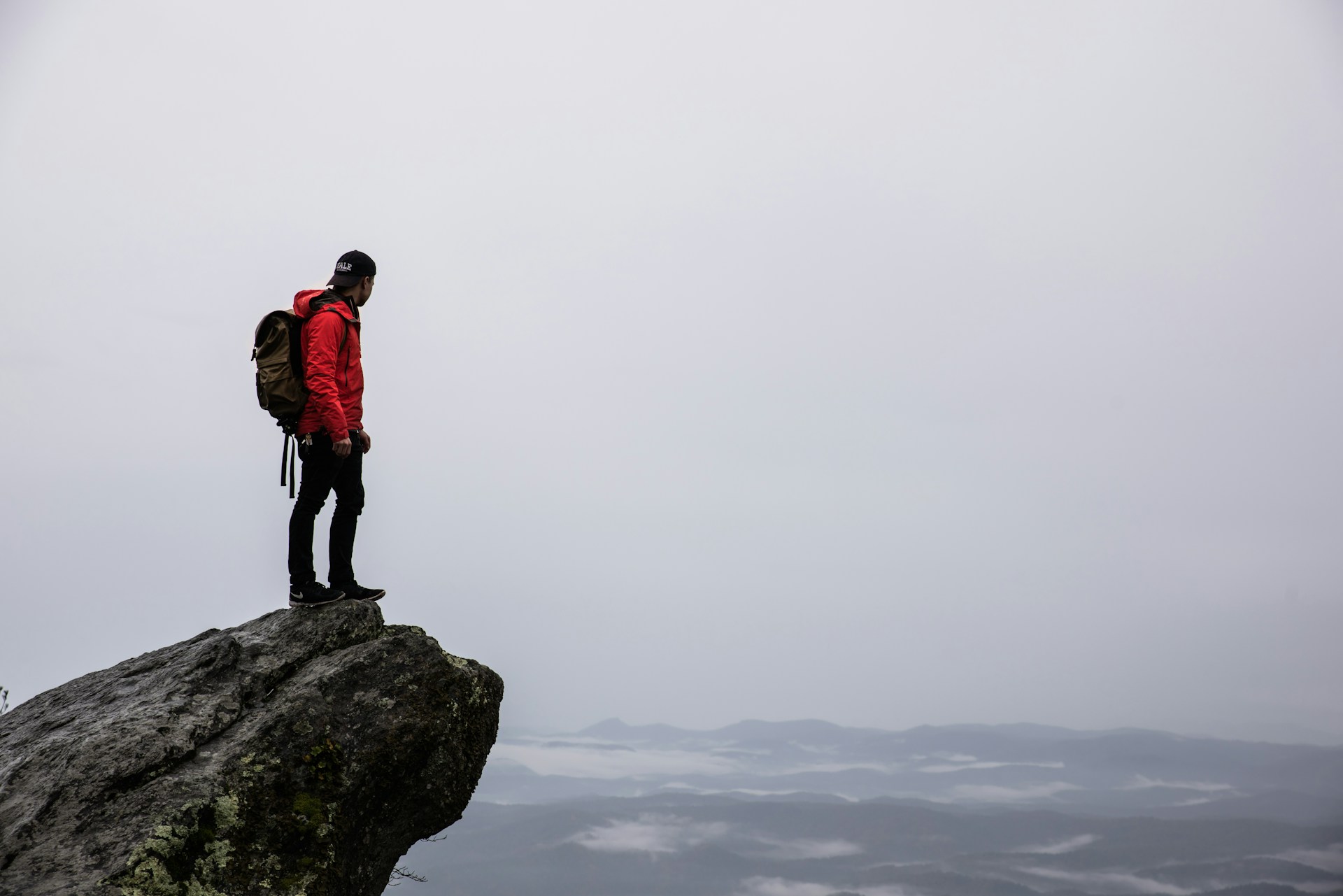 Photo by Ashley Knedler on Unsplash
Photo by Ashley Knedler on Unsplash
6. Personal Information
It’s important to carry personal information no matter where you go. From emergency contacts to your identification, that information is vital for rescue workers should disaster strike. If you don’t want to carry that kind of stuff around, you should still have it listed on your phone.
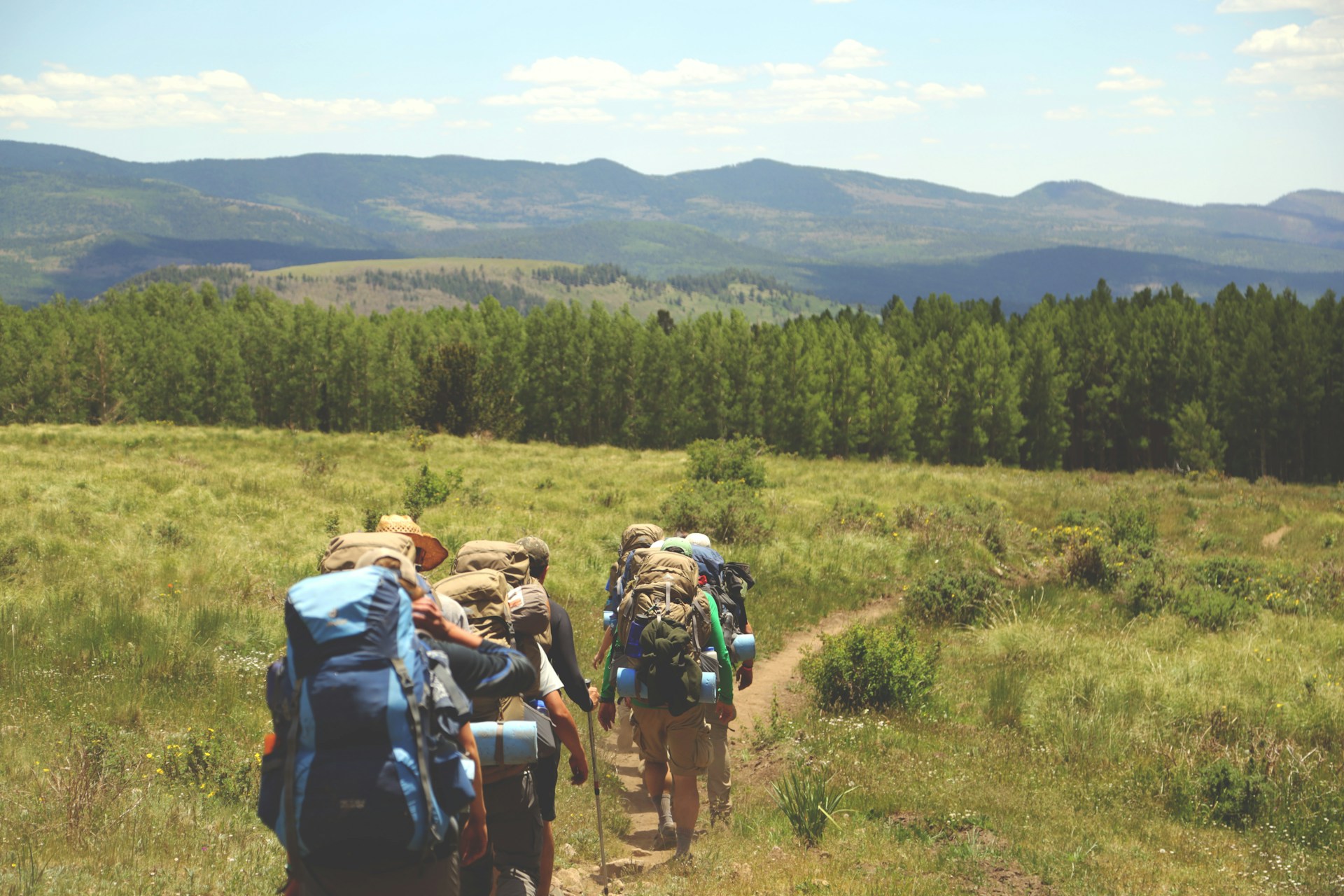 Photo by Austin Ban on Unsplash
Photo by Austin Ban on Unsplash
7. Insect Repellent
No one wants to get eaten alive on or off the trail, but it’s especially irksome during a hike. The right repellent, whether it’s in spray or wipe form, keeps pesky bugs away and guarantees you won’t be swatting mosquitoes away.
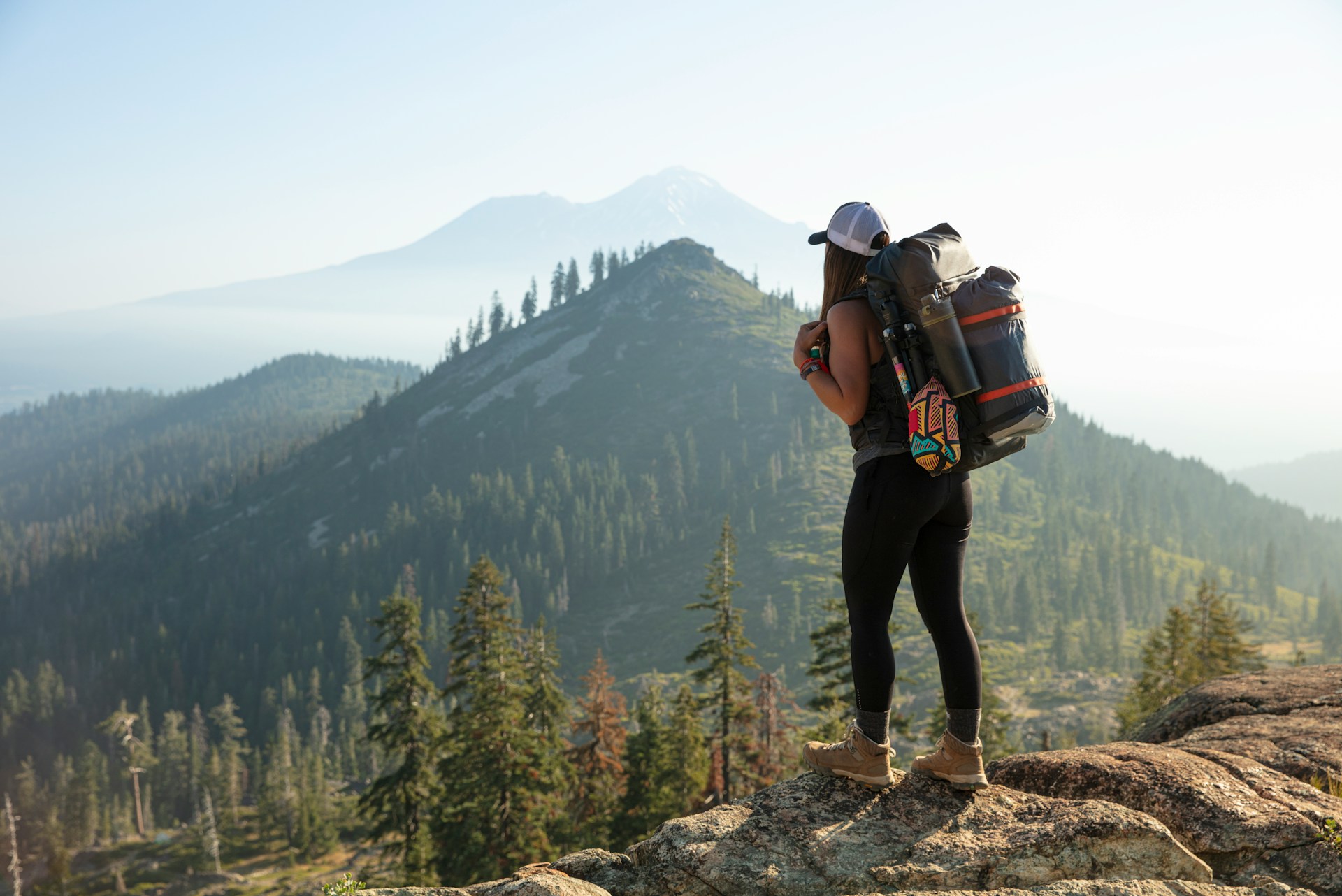 Photo by Leo_Visions on Unsplash
Photo by Leo_Visions on Unsplash
8. Sun Protection
Sun protection is important every day of the week and it’s no different on a hike. Hours on a trail means plenty of sun exposure, so make sure you have lots of protection. From sunscreen and sunglasses to lip balm with SPF in it, keep yourself and your skin safe.
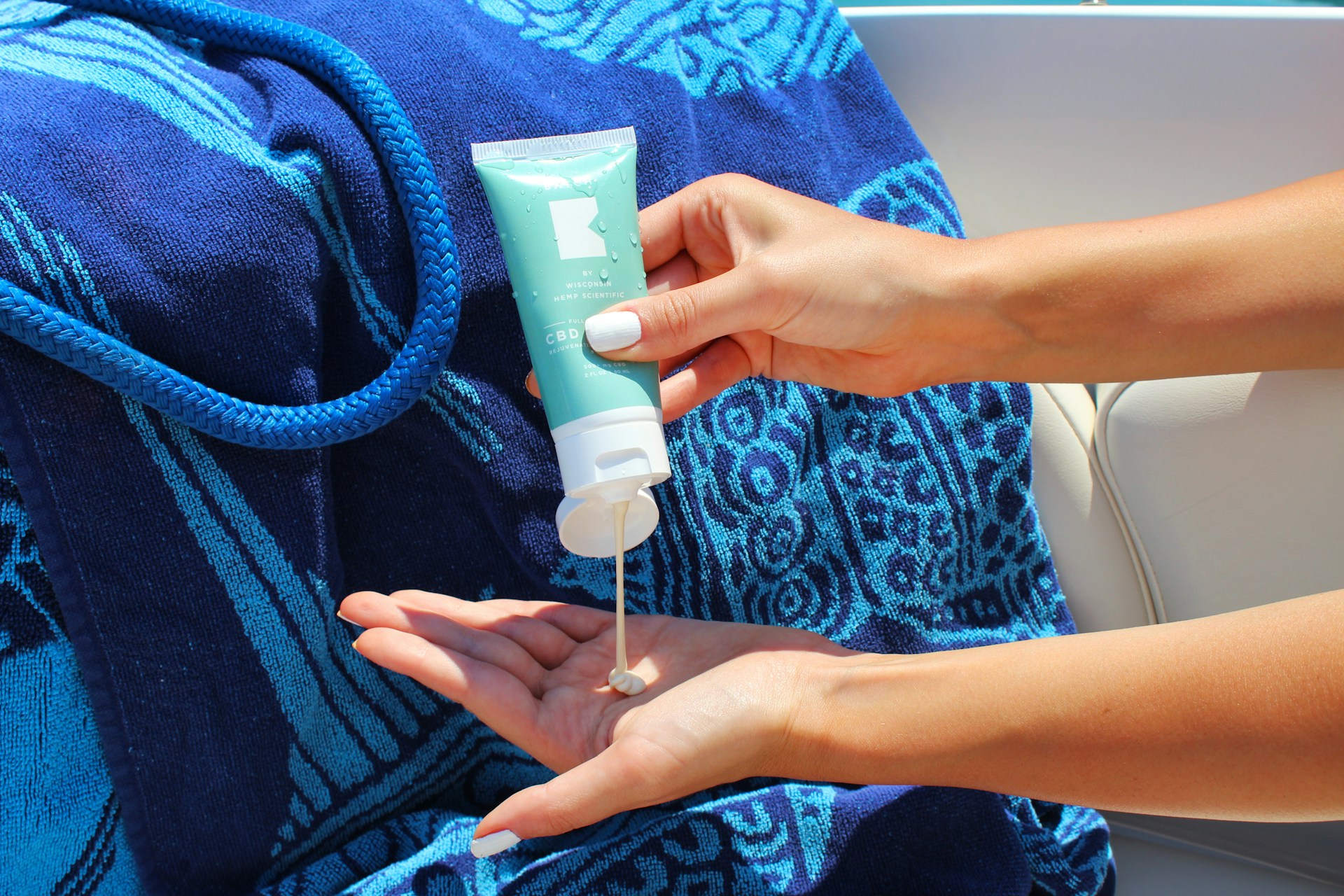 Photo by BATCH by Wisconsin Hemp Scientific on Unsplash
Photo by BATCH by Wisconsin Hemp Scientific on Unsplash
9. Proper Boots
Sturdy, comfortable hiking boots give the ankle support you need to prevent blisters and protect your feet from any harsh elements. The right pair of boots also ensures you have better traction on uneven paths or difficult terrain like mud.
10. Toilet Paper
Like it or not, you’re in nature and sometimes she calls. The last thing you want is to get caught without any toilet paper or have to wait for outhouses. While we’re on the subject, you may want to carry a trowel with you (for those number twos).
 Photo by Claire Mueller on Unsplash
Photo by Claire Mueller on Unsplash
11. Portable Charger
Portable charging banks keep your phone alive, which is not only important for any medical information but also allows you to snap photos and keep in contact with people. Luckily, charging banks are small and easily stored in your bag.
 Photo by Kamran Abdullayev on Unsplash
Photo by Kamran Abdullayev on Unsplash
12. Hiking Backpack
Speaking of your bag, the right hiking backpack is just as important as a good pair of boots or proper layers. Your bag is part of your gear and holds all your essentials, but you’ll also have to carry it with you throughout the journey, so make sure it’s one you can manage!
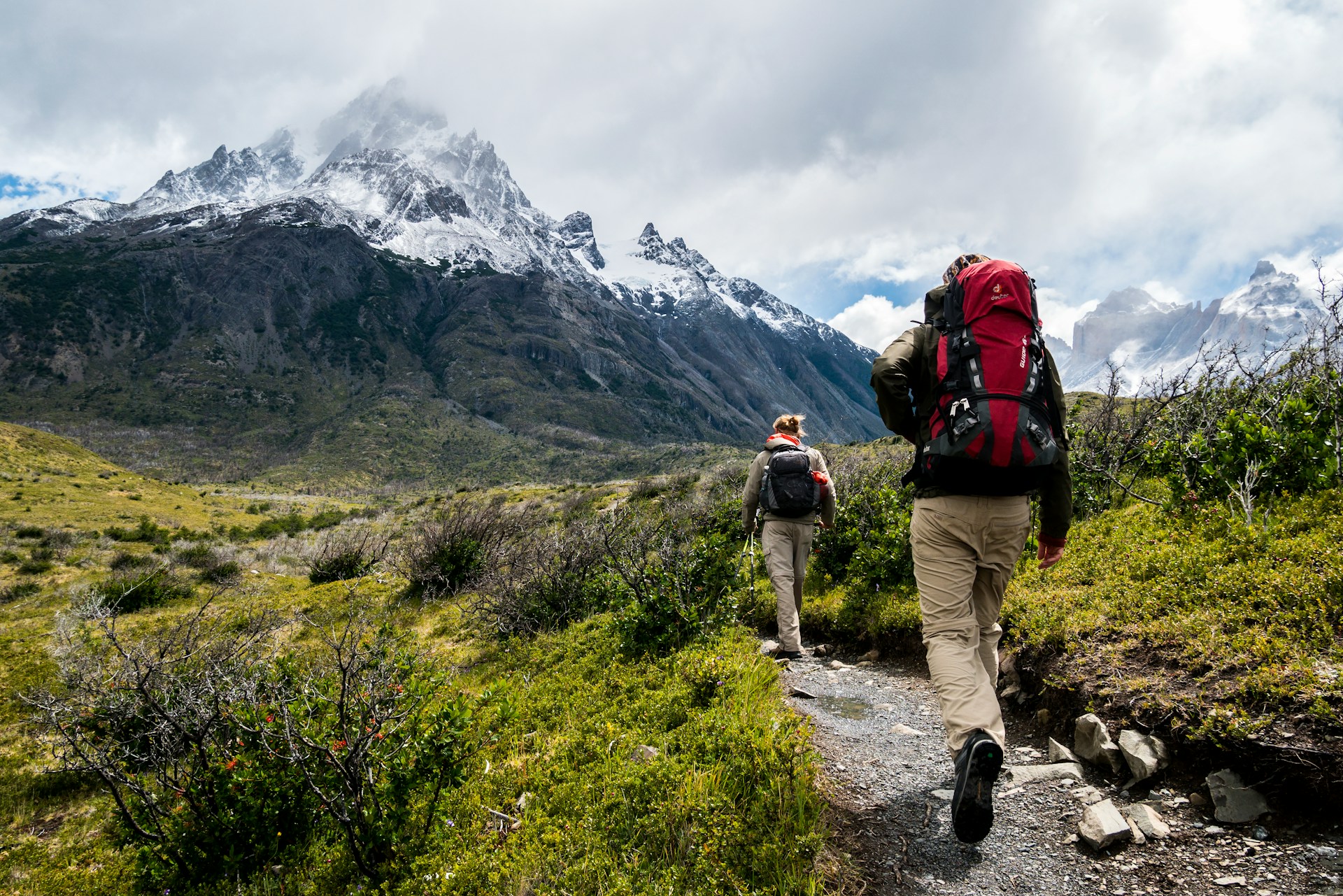 Photo by Toomas Tartes on Unsplash
Photo by Toomas Tartes on Unsplash
13. Lip Balm
It may not seem like it, but your lips can get seriously sunburned. They can also easily dry out on a hiking trail, so bringing balm with you is definitely essential. The best brands have SPF in them, so reach for one of those before lacing up your boots.
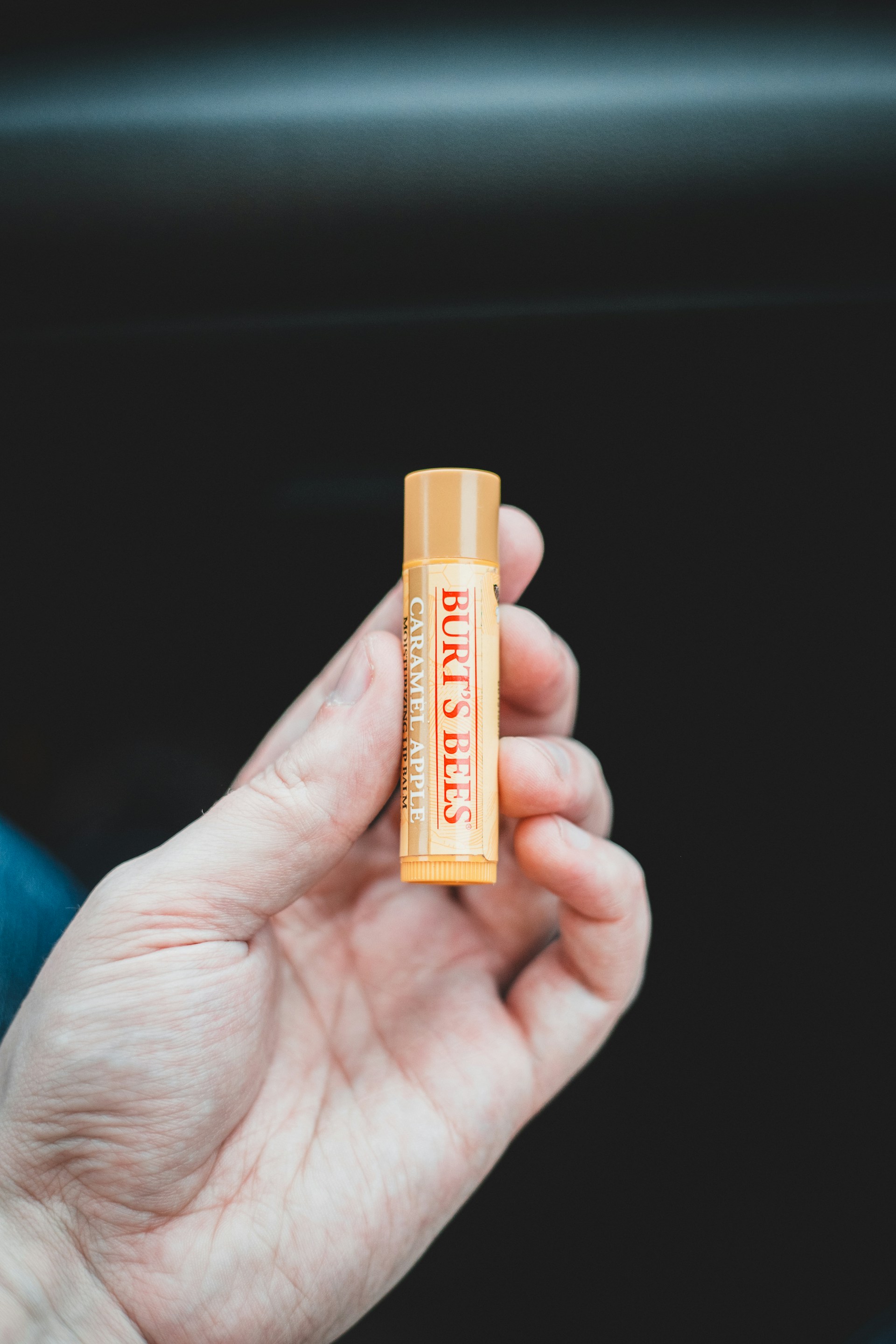 Photo by Erik Mclean on Unsplash
Photo by Erik Mclean on Unsplash
14. Utility Tool
Utility tools or knives can get you out of a jam—minor gear repairs, food preparation, or even something like cutting bandages are only possible with the right tool, so keep one in your bag just in case.
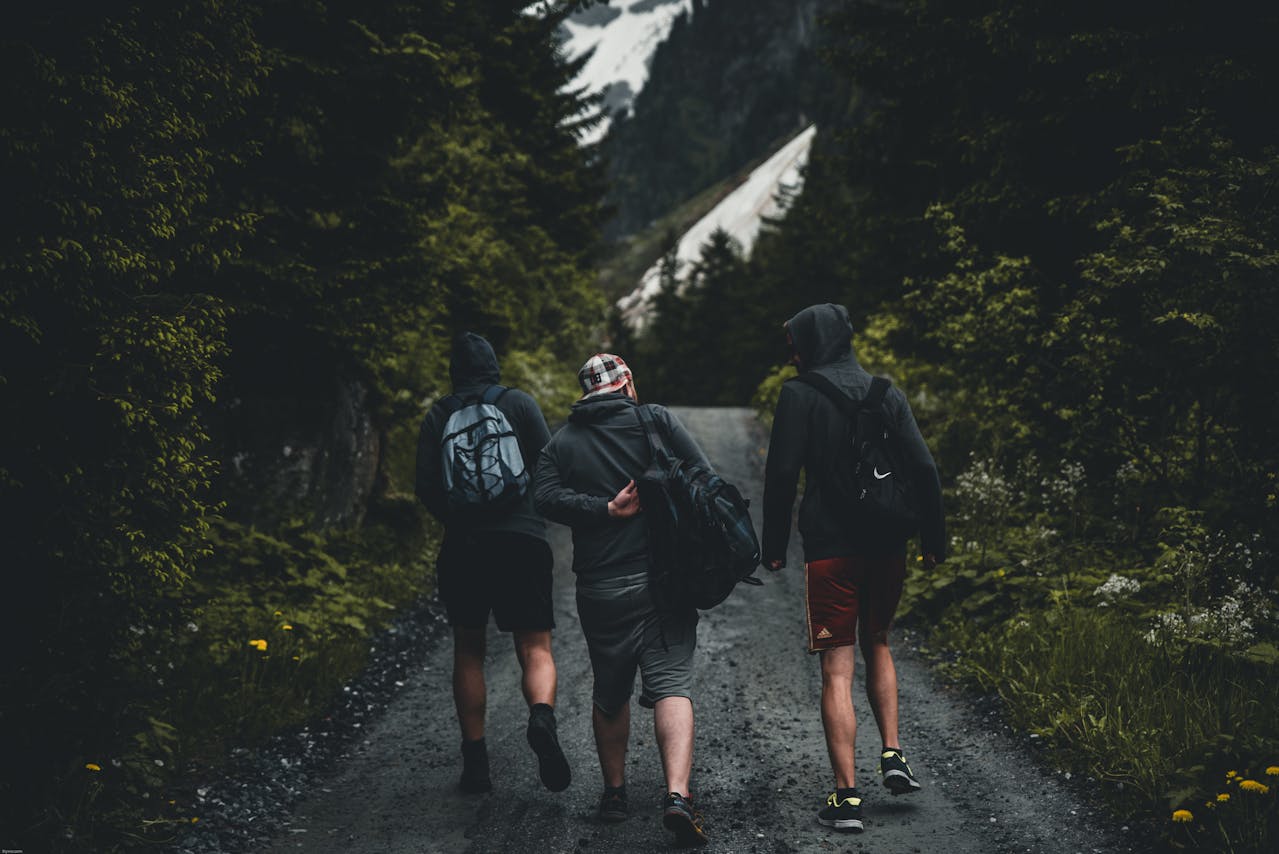 Photo by Stephan Seeber on Pexels
Photo by Stephan Seeber on Pexels
15. Trash Bag
You don’t want to make a mess on the trail, and the simplest way to avoid that is with a trash bag! Even a small one will do so you can discard any wrappers or bandages, though a larger one can also be kept over your bag should it start to rain.
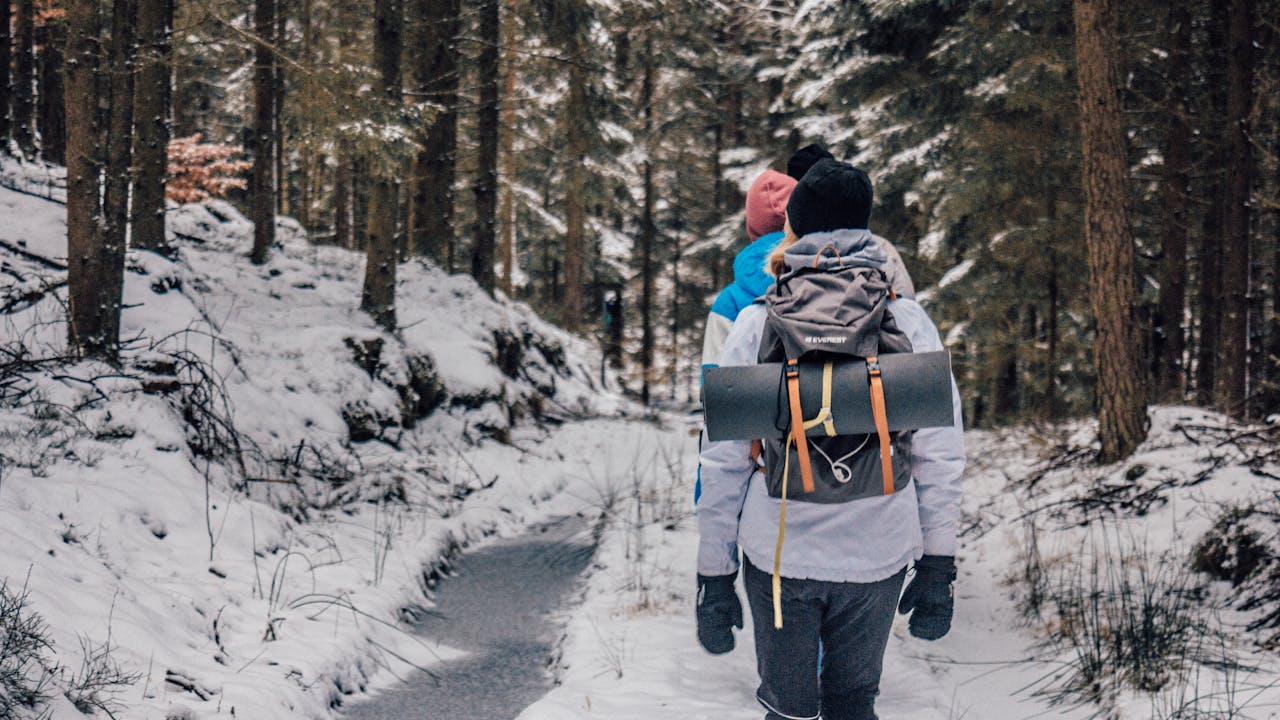 Photo by Edvin Richardson on Pexels
Photo by Edvin Richardson on Pexels
16. Flashlight
Delays happen on a hike, and you don’t want to be caught without a light source once the sun sets. Flashlights or headlamps help you navigate through low light, allowing to retreat to safety and sidestep any difficult terrain. Make sure you pack fresh batteries as well.
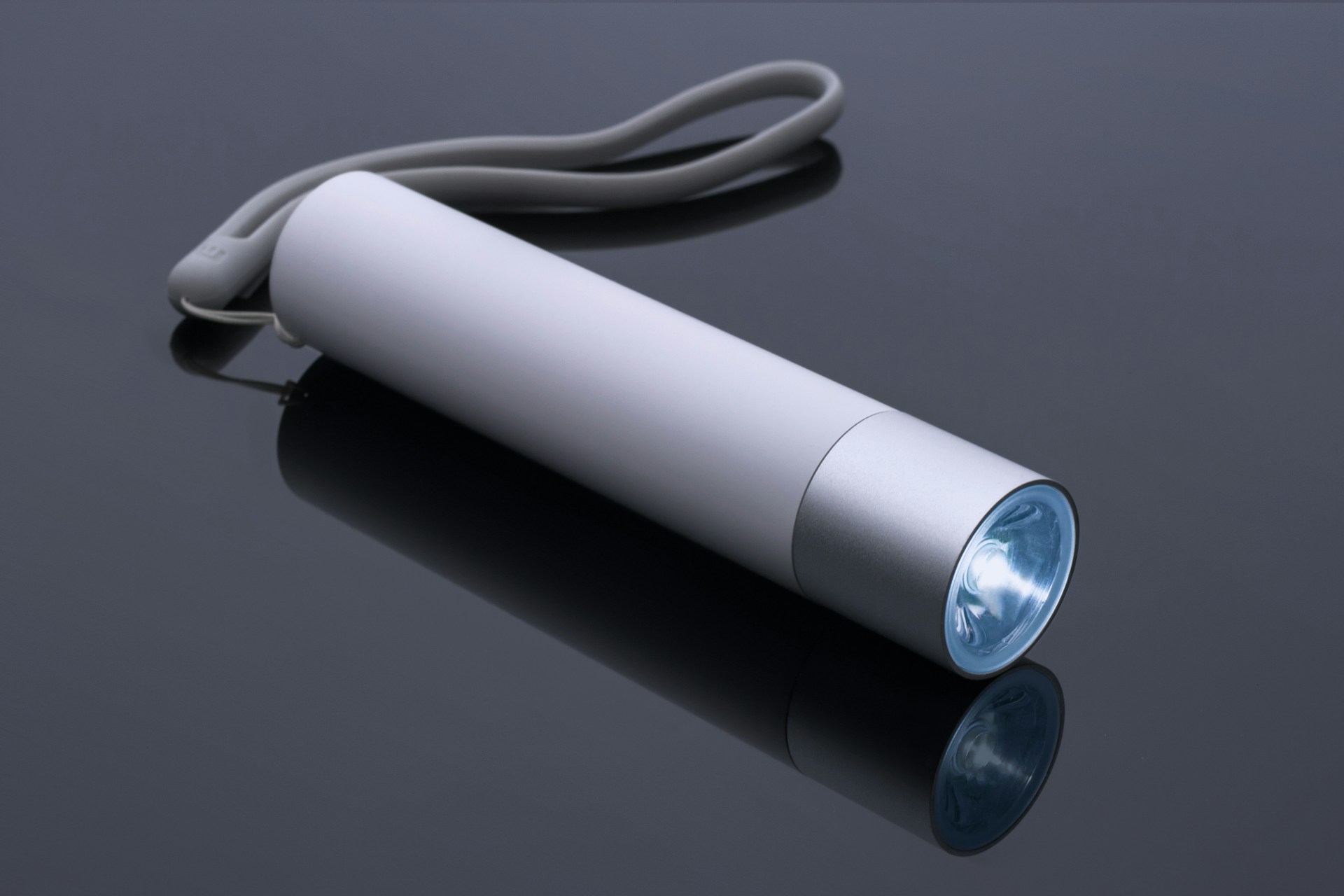 Photo by Marina Grynykha on Unsplash
Photo by Marina Grynykha on Unsplash
17. Fire Starter
Fires are perfect (and potentially life-saving) in the event of a delayed hike or any soiled gear. Waterproof matches and fire starter cubes can get you in tune with our ancestors as we build flames from seemingly nothing! A good fire keeps you warm, helps prepare food, and dries any wet gear.
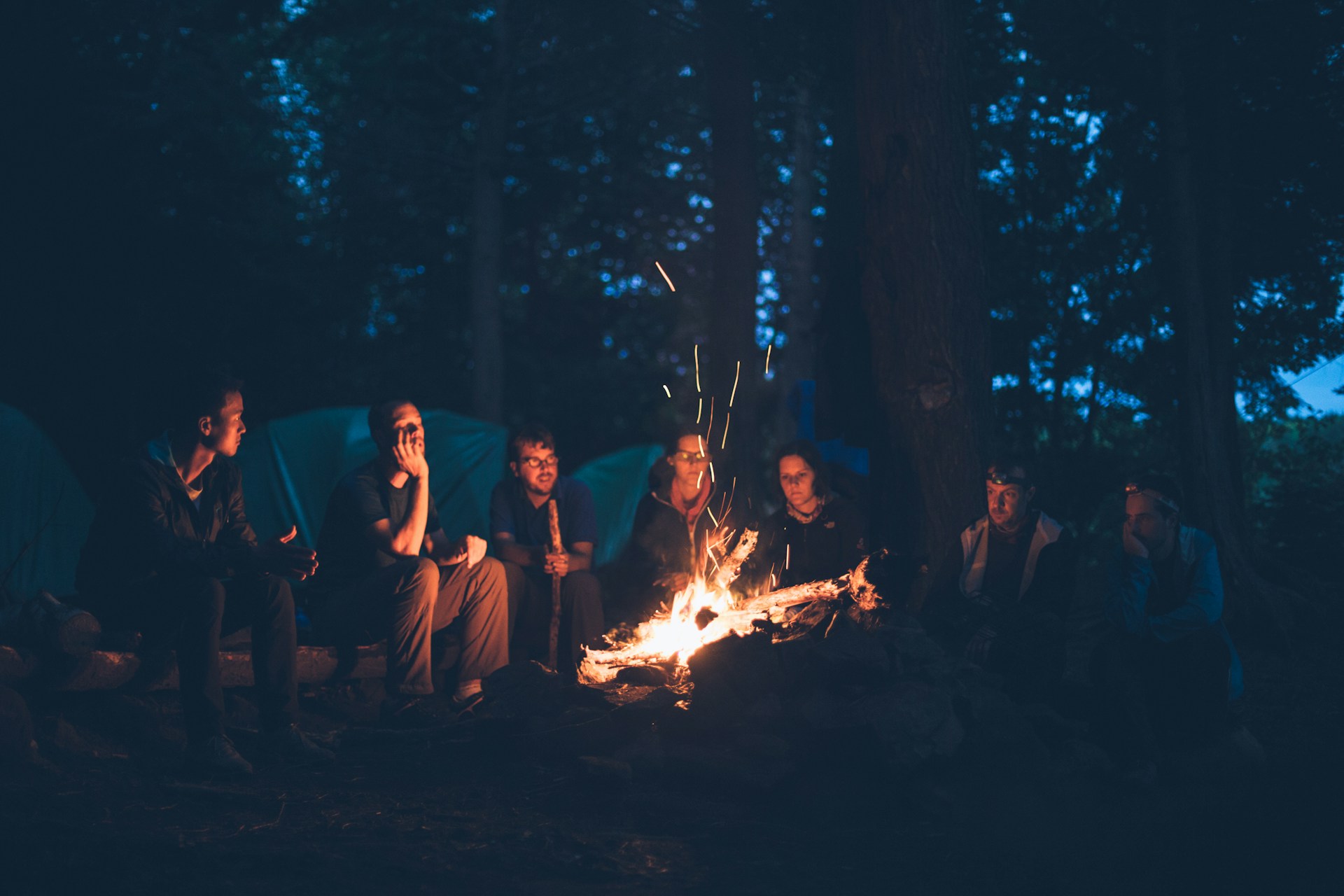 Photo by Mike Erskine on Unsplash
Photo by Mike Erskine on Unsplash
18. Walkie-Talkies
Walkie-talkies are a hiking must—they not only keep you safe in emergencies, but they also allow groups to stay in contact if any of you move at different speeds. The best part about them is that they operate just about anywhere and can get you in contact with someone even if your phone can’t.
19. Emergency Shelter
Even if you’re not stranded overnight, emergency shelters like compact tents or space blankets protect you from unexpected weather, too. They’re also lightweight and easily stored in your hiking pack, so there’s no shame in bringing one.
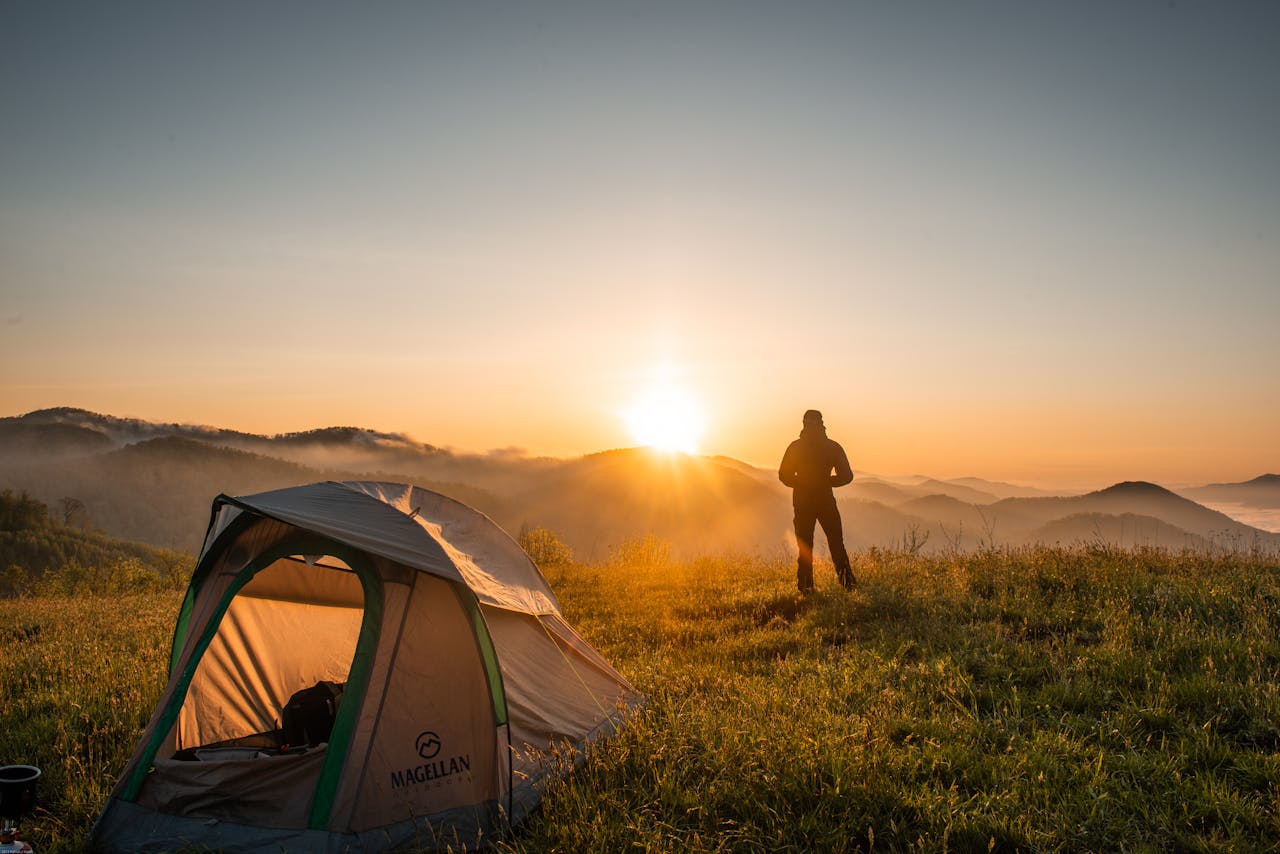 Photo by Cliford Mervil on Pexels
Photo by Cliford Mervil on Pexels
20. Whistle
Whistles are lightweight but they carry sharply over long distances, which can prove effective should disaster strike. If you get lost or need assistance, a good whistle carries far longer than your voice will—make sure you bring one along.


